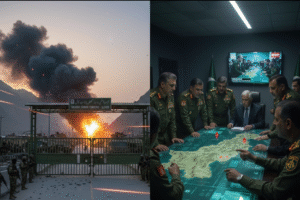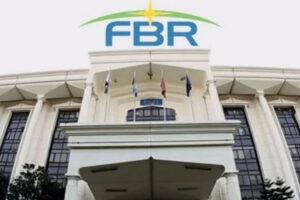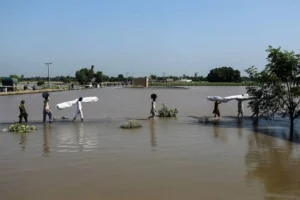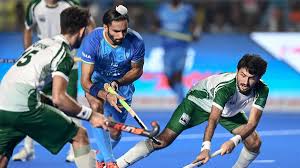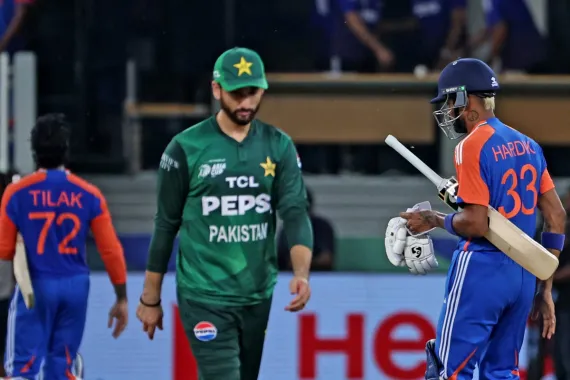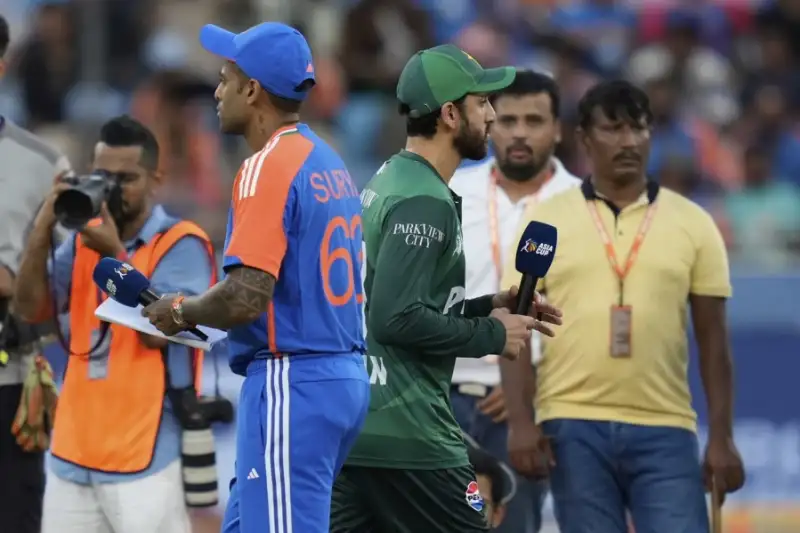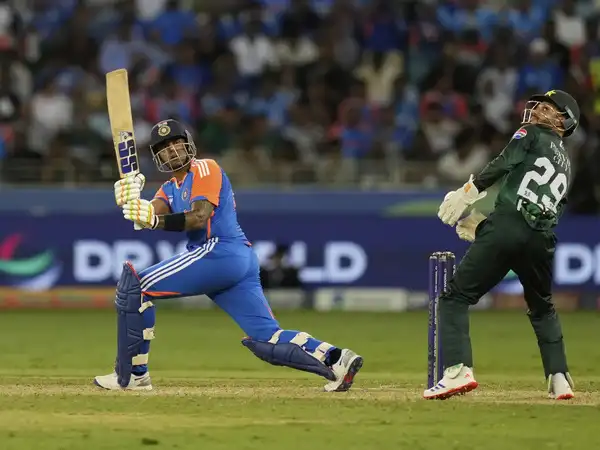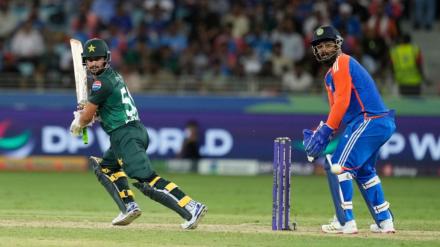The news that Pakistan pulls out of Hockey Asia Cup 2025 has shaken the world of international field hockey and created ripples across sporting and diplomatic circles. Scheduled to take place in Rajgir, Bihar, India, from August 29 to September 7, the Asia Cup was anticipated as a marquee event especially given the rich history and fierce rivalry between India and Pakistan on the hockey field. However, the decision by the Pakistan Hockey Federation (PHF) to withdraw has now raised questions and concerns on multiple fronts: sports, politics, and regional cooperation.
Why Did Pakistan Pull Out of Hockey Asia Cup 2025?
The Pakistan Hockey Federation communicated to the Asian Hockey Federation that its team would not participate in the upcoming tournament, citing security concerns and political tensions. According to reports, although the Indian government expressed readiness to facilitate visas and travel arrangements for the Pakistani players, the PHF declined, stating reluctance to travel under the current circumstances and following directives from the Pakistan Sports Board (PSB) advising all national federations against participating in events hosted by India without prior clearance.
This move is not unprecedented. Geopolitical friction has previously impacted sports, including when Pakistan missed the 2016 Junior Hockey World Cup hosted in India after cross-border incidents. In recent months, the border conflict and military tension between Islamabad and New Delhi have increased, making sporting exchanges difficult.
Timeline Leading Up to the Withdrawal
-
June–July 2025: Discussions between PHF, Asian Hockey Federation and Indian authorities about participation and visas.
-
July 2025: The Pakistan Sports Board issues a directive discouraging national federations from committing to Indian-hosted events amid security concerns.
-
August 2025: PHF sends formal withdrawal notice to the Asian Hockey Federation, confirming that Pakistan pulls out of Hockey Asia Cup 2025.
What Does Pakistan’s Withdrawal Mean for the Tournament?
With Pakistan pulling out of Hockey Asia Cup 2025, Hockey India invited Bangladesh as a replacement to maintain the tournament’s structure and competitive integrity. The Asia Cup doubles as a qualifying tournament for the 2026 Men’s Hockey World Cup, so Pakistan’s absence could have serious sporting consequences, not just for regional competition but also for the nation’s World Cup aspirations. Pakistan now risks missing out on critical international exposure and ranking points, potentially impacting the progress of its national squad and the development of younger players.
Reactions from the Sporting World
The decision that Pakistan pulls out of Hockey Asia Cup 2025 has evoked mixed reactions:
-
Former Olympians and players: Some have expressed disappointment, noting that this will deprive fans of one of hockey’s best-known rivalries. Others have argued that safety and national integrity must take precedence over sporting ambitions.
-
Officials & Sports Writers: Many have pointed out that ongoing political tensions continue to cast a shadow over cultural and sporting exchanges in South Asia. The hope persists, however, that diplomatic channels may open the way for future peace and healthy competition.
Broader Impact on Pakistan Hockey
This is not an isolated incident: in addition to Pakistan pulls out of Hockey Asia Cup 2025, there are doubts about their participation in the upcoming Junior World Cup scheduled in Chennai and Madurai, India, later this year. Such repeated absences may set back the progress of Pakistan’s hockey development programs and dampen enthusiasm among young athletes. By missing out on high-quality international competition, Pakistan risks falling further behind rivals in terms of experience, tactics, and rankings.
India-Pakistan Sports Ties: Friction and Hope
While the latest chapter where Pakistan pulls out of Hockey Asia Cup 2025 is disappointing, it serves as a reminder of the complex relationship between sports and diplomacy. The history of India-Pakistan sporting contests is rich and emotionally charged, often transcending the game itself. Sporting events have occasionally provided rare windows for dialogue and exchange during times of heightened tension.
However, as security concerns continue to outweigh sporting opportunities, fans and athletes alike are left hoping for more peaceful conditions that could allow for the return of Asia’s most iconic hockey rivalry.
What’s Next?
-
Bangladesh’s Opportunity: Bangladesh steps up to fill the spot, underlining the importance of regional cooperation and the adaptability of sports organizations in tough situations.
-
Calls for Dialogue: Many in the hockey fraternity hope that diplomatic efforts will eventually pave the way for Pakistan’s return in future events and prevent further disruptions to sports.
Conclusion
The fact that Pakistan pulls out of Hockey Asia Cup 2025 is about much more than just sports; it’s a reflection of the delicate nature of international relations and the impact of politics on even the most beloved cultural pastimes. While Hockey fans worldwide lament the loss of yet another opportunity for an India-Pakistan faceoff, the event highlights the urgent need for peace, dialogue, and better conditions for athletes. For now, the world watches, hoping for brighter days ahead when hockey can once again serve as a bridge between nations, and not a battlefield.
Pakistan Pulls Out of Hockey Asia Cup 2025 will be a defining headline of this sporting year, echoing across newsrooms and social media, reminding everyone that the spirit of hockey—and of fair competition—can only thrive in an atmosphere of mutual respect and security. As sports organizations adapt and athletes persevere, hope remains that the game will return stronger when the time is right.
Pakistan pulls out of Hockey Asia Cup 2025 might be today’s reality, but tomorrow could hold new opportunities, greater unity, and the promise of unforgettable matches to come.



